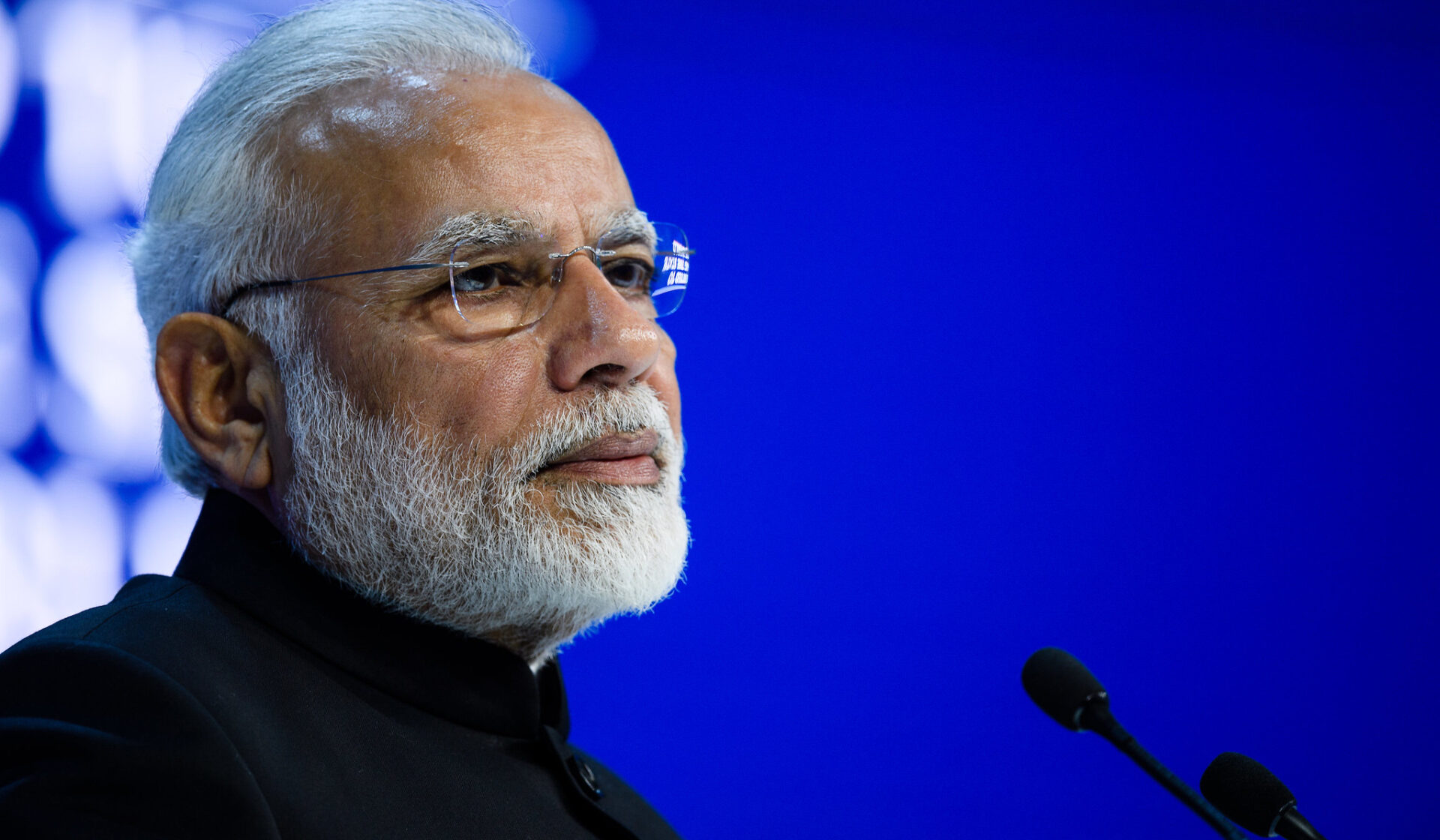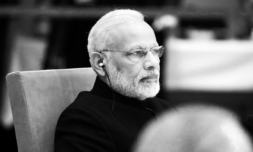The country’s corporate stalwarts are walking on eggshells as the Prime Minister’s government continues to intimidate and scrutinise those voicing dissent or critiquing its policies.
Vocal corporate leaders who have expressed concerns about economic issues in India or criticised the government’s actions are facing backlash ranging from regulatory crackdowns to veiled threats. This pattern is fostering an atmosphere of self-censorship within the country’s business community, which is increasingly walking on eggshells around Prime Minister Modi’s iron fist.
The price of dissent
Following a convocation meeting at IIM Kolkata in 2019, Narayana Murthy, the co-founder of Infosys, found himself caught in the crosshairs. He had highlighted the importance of ‘freedom of faith’ and ‘freedom from fear’ during his speech, which took place in the run-up to the general elections.
Though this wasn’t a direct criticism of the BJP government, some months later, the tech giant’s NGO had its registration abruptly cancelled by the Home Ministry. This set off alarm bells among the Press Trust of India, which began inquiring into whether the move had been a retaliation for his remarks.
The Infosys Foundation, however, claimed it had voluntarily applied for deregistration in 2016 and in a surprising U-turn, Murthy then praised Modi, declaring that the Indian economy was in the best shape it had been in for centuries – a stark contrast to the avalanche of data suggesting otherwise.
This is but one of many examples of an underlying intolerance for dissent across the country.
Another is the case of Kiran Mazumdar-Shaw, who experienced similar repercussions for voicing fears about ‘tax terrorism’ in light of coffee king VG Siddhartha’s tragic death (speculated to have ties with harassment from tax authorities). The chairperson of Biocon revealed to the Telegraph that she was contacted by a government official who issued a stern warning against ‘making such statements.’
And it isn’t just corporate leaders that are dealing with this either. Wielding the Foreign Contribution Regulation Act, the Modi government has also been stifling critics in the non-profit sector for some time now. In 2021, 12,580 NGO licences under the FCRA expired, meaning they were no longer able to receive funds from abroad.




















